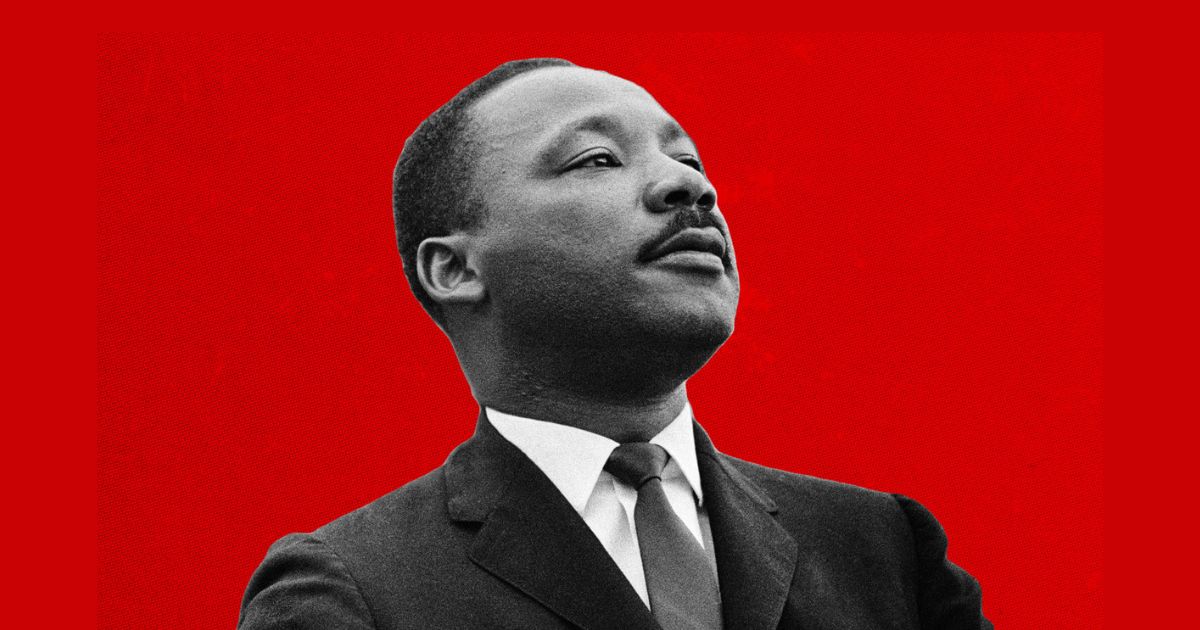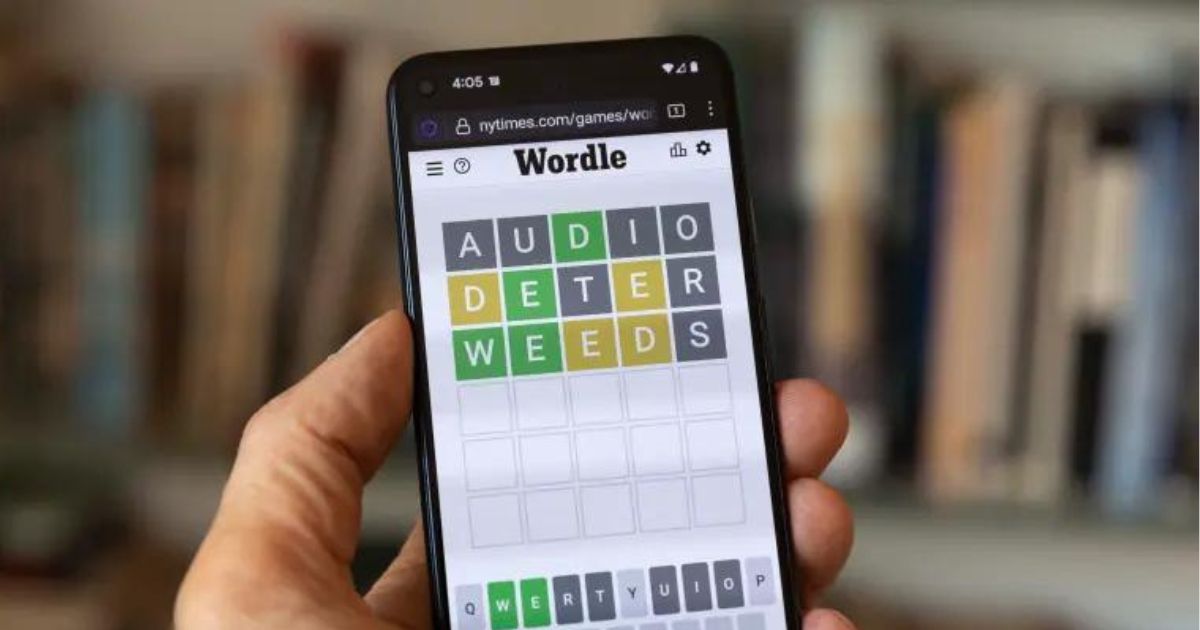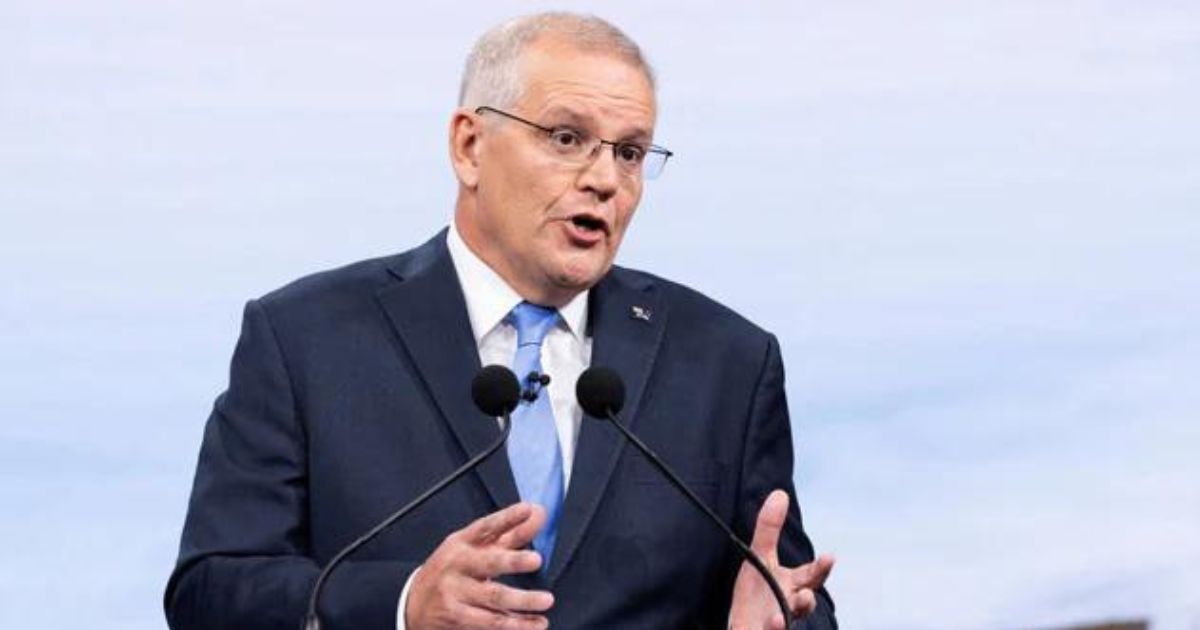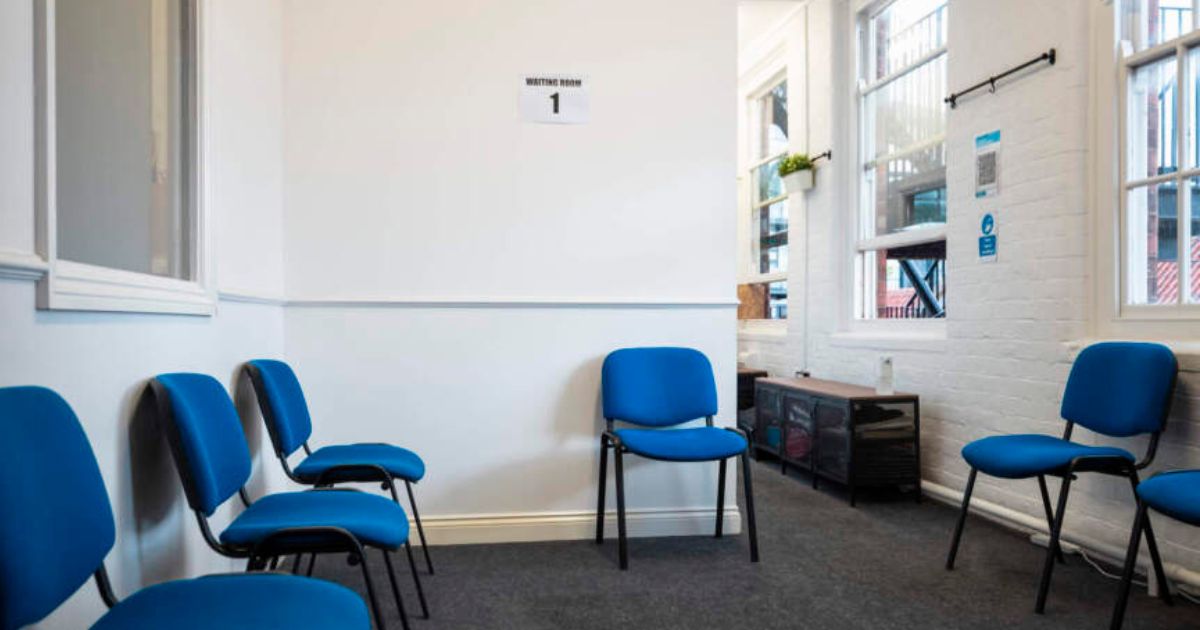As the nation commemorates the 50th anniversary of Martin Luther King Jr.’s historic “I Have a Dream” speech, the backstory of this pivotal moment sheds light on its unlikely genesis and the enduring impact it has had on American history.
In the tense hours preceding the March on Washington on August 28, 1963, King sought advice from his advisers regarding his upcoming speech. His trusted adviser, Wyatt Walker, cautioned against using the familiar refrain of “I have a dream,” deeming it trite and overused.
Despite having employed the phrase in prior speeches, King took the advice to heart, recognizing the need for this address to be a defining moment in his oratory legacy.
That night, at the Willard Hotel in DC, King worked on the speech’s final touches, aiming for an oration that would resonate across the nation. After conflicting suggestions from his staff, King retired to his room with a promise to consult with his Lord.
Martin Luther King Jr.’s Classic Speech
Clarence Jones, who had drafted the initial speech, remarked on King’s unique approach to refining his speeches: “I would deliver four strong walls, and he would use his God-given abilities to furnish the place so it felt like home.” The resulting outline was completed around midnight, with no trace of the iconic “I have a dream” section.
The morning of the march saw unprecedented numbers pouring into Washington, D.C., with an estimated 250,000 attendees. Hollywood celebrities, civil rights leaders, and activists converged on the Washington Mall, setting the stage for a momentous event. King, however, faced challenges as fatigue set in, and the march’s organizer, Bayard Rustin, enforced strict time limits on speakers.
When King finally took the podium, the prepared text underwent last-minute alterations. As he delivered a well-received but somewhat unremarkable speech, Mahalia Jackson, a gospel singer, and King’s confidante, urged him to share his dream.
Abandoning the prepared text, King unleashed the powerful “I have a dream” segment extemporaneously. The crowd, though weary, responded with enthusiasm, marking a transformative moment in American history.
The impact of King’s speech reverberated far beyond the Washington Mall. President John F. Kennedy, watching from the White House, acknowledged King’s prowess, stating, “He’s damned good.
Damned good.” However, the immediate political impact of the speech was not apparent, and at the time of King’s death in 1968, it had almost vanished from public view.
Despite its initial reception, the “I Have a Dream” speech has become a symbol of hope, patriotism, and activism. Its enduring legacy is evident in its global recognition and frequent references in diverse contexts, from the Tiananmen Square protests to the West Bank wall. A 1999 survey even named it the greatest speech of the 20th century.
As the nation reflects on this iconic moment 50 years later, the speech’s broad appeal remains undeniable. It addresses the American struggle against racism, encapsulating the optimism, humanism, and militancy of the civil rights movement. However, its interpretation varies widely, leading to debates on the progress made and challenges that persist in contemporary race relations.
While conservatives have sought to co-opt King and his speech for their narratives, some black intellectuals and activists express concerns about potential distortions that may undermine King’s legacy. The 50th anniversary of the “I Have a Dream” speech coincides with a pivotal moment in American history, marked by a black president, shifting demographics, and ongoing challenges to civil rights protections.
In hindsight, the speech’s enduring appeal lies in its role as a poignant articulation of the moral victory achieved by the civil rights movement against legal segregation. As the nation grapples with present-day racial issues, King’s dream remains a powerful call to action, urging Americans to confront the realities of the past while aspiring towards a more just and inclusive future.








Leave a Reply
You must be logged in to post a comment.